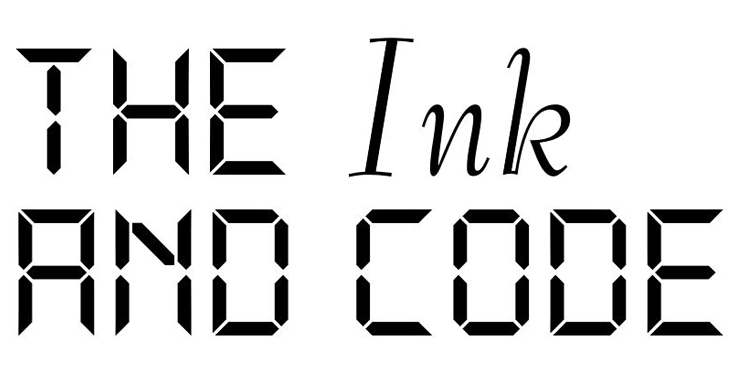If Cloud Atlas and Adaptation had a lovechild who grew up to be the coolest kid in school, it would be named Zoom. This feature directed by Pedro Morelli and written by Matt Hansen dazzles with kinetic style, effectively weaving three narratives together into a singular study of the standards of beauty and the creation of artist works.
Emma (Alison Pill) is an aspiring comic book artist who pays the bills making sex dolls. The enhanced and “perfect” features of the dolls fuel her insecurities about her own body. She decides to get her breasts done with hopes of achieving an ideal body. Soon after she has received her new breasts, she regrets the decision, but lacks the money to have the procedure reversed. Michelle (Mariana Ximenes) is a stunningly beautiful model with ambitions of writing a novel, but no one–including her boyfriend Dale (Jason Priestley)–takes her endeavors seriously. A publisher is interested in the novel, but Dale insists the publisher’s motives are less than genuine, only wanting to get into Michelle’s pants. Edward (Gael García Bernal) is a talented film director looking to branch out the action genre for which he’s known. Typically confident, in part due to a penis he’s quite proud of, Edward struggles with insecurity for the first time when his member inexplicably shrinks to a micro level. His preoccupation with his predicament endangers his film, which is in jeopardy of being reshot and made more commercial.
That comic book Emma is making? It’s the story of Edward and his penis. Edward’s film? It’s about Michelle’s writing pursuit. Michelle’s novel? About Emma and her image struggles. Welcome to the wonder of Zoom. My jaw dropped learning that it is Pedro Morelli’s second film and Matt Hansen’s first screenplay (based on a story by Morelli). The film is effortlessly cool. Each story has it’s own feel from the neon-colored rotoscoping animation of Edward to the cold cinematic feel of Michelle to a warmer, more bubbly modern look of Emma. They’re glued together by an exciting score by DJ Kid Koala.
According to Morelli, the title is meant to invoke how each story zooms into the next, though perhaps “Spiral” would have been more appropriate. Each character’s life spins out of control and their actions affects the other two. It invokes a sense of constant momentum. None of them have the opportunity to stop and correct their course as they’re pulled even farther down by what’s occurring in the next story.
The film is fitfully funny and grows increasingly absurd as the stories progress, but the underlying themes still carry weight. If Emma accepted her body for what it was, she’d never find herself trying to retrieve stolen cocaine stashed inside one of the sex dolls. If Edward was confident in himself rather than his penis, he might not have to wrestle to regain control of his film from his producer and the studio. If Michelle didn’t get discouraged by Dale, she might have been able to craft her novel more naturally and not rely on more cliched tropes that in turn made a mess of things for Emma. Morelli and Hansen capably convey that the artist is inseparable from their art, and if they allow themselves to be slaves to their own insecurities, their art will suffer for it. They clearly didn’t suffer the afflictions of their characters.

